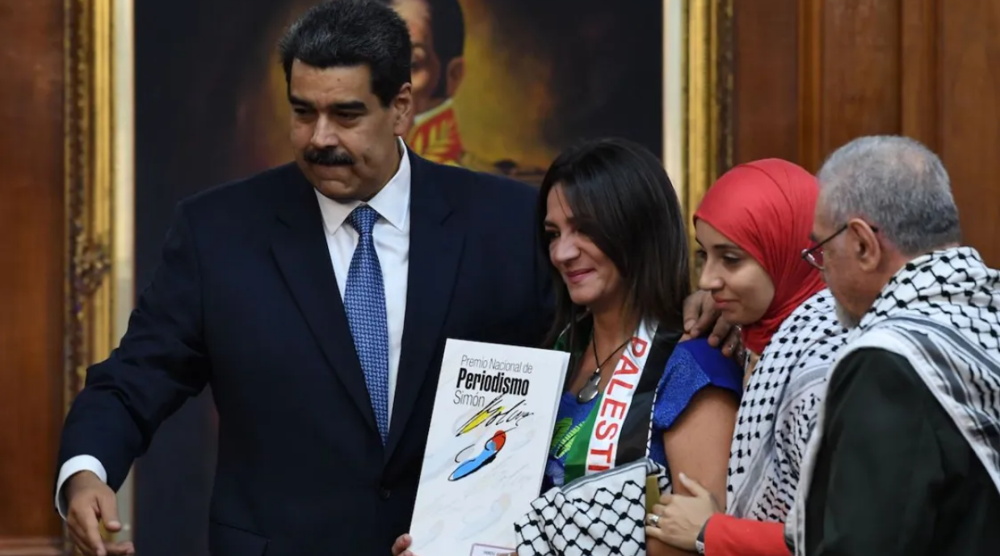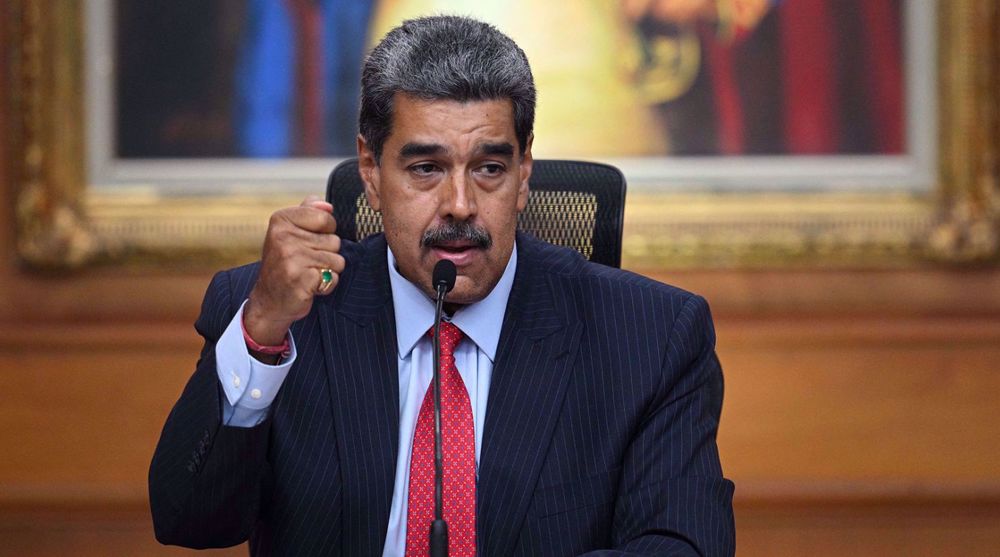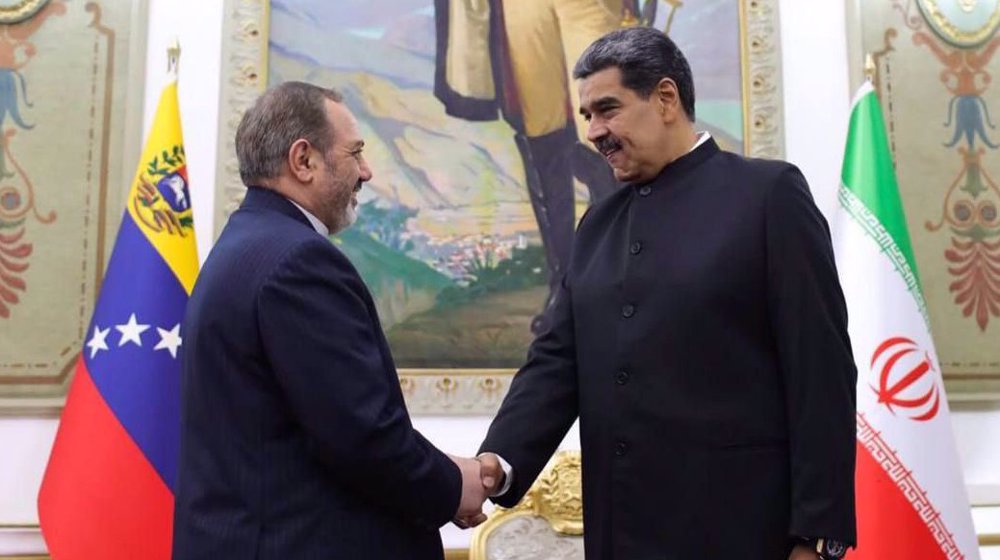Venezuela offers to host 20,000 Syrian refugees
Venezuelan President Nicolas Maduro has announced that his country is prepared to receive 20,000 people fleeing the foreign-backed conflict in Syria as a severe refugee crisis is unfolding in Europe.
“I want 20,000 Syrians, Syrian families, to come to Venezuela and share this land in peace,” said Maduro during a meeting of council ministers in Caracas on Monday.
The Venezuelan leader also voiced his country’s support for Syrian President Bashar al-Assad, whose government and army are involved in heavy fighting with Takfiri terrorists across the Middle Eastern country.
Headaches for Europe
Maduro’s offer comes as Europe is dealing with an unprecedented influx of refugees, mainly coming from Syria, Iraq and Afghanistan.

In a similar move, Brazil and Chile have also announced readiness to receive refugees.
On Monday, the United Nations (UN)’s special envoy to Syria Staffan de Mistura said that about one million Syrians living in the country’s western region are currently in danger as a result of terror activities by Daesh (ISIL).
De Mistura warned that there would “not be any Syrians left” inside the Arab country if a solution was not reached for the ongoing crisis.
Refugee anger in Uruguay
In a separate development on Monday, the Syrian refugees who had entered Uruguay last year staged a protest rally demanding to leave, saying they were living in poverty.
Syria has been grappling with a foreign-backed militancy since 2011, which has left more than 250,000 people dead and some 11 million others displaced internally and externally.

Lebanon, Turkey and Jordan have received the vast majority of over four million Syrian refugees who have left their homeland since the outbreak of violence.
According to estimates by the UN, over 350,000 people have left the Middle East and North Africa for Europe this year. Nearly 3,000 people have died on their way across the Mediterranean in boats.
Most of the refugees land in Italy or Greece, and then head for the wealthier countries of northern Europe by transiting through countries in Eastern Europe and the Balkans, like Macedonia, Serbia and Hungary.
VIDEO | Hind Rajab Foundation names Israeli war criminals vacationing after Gaza genocide
VIDEO | Australians rally for Gaza ahead of Christmas festivities
VIDEO | Attacks on Sana'a
Iran reports further drop in annual inflation rate in December
Israel indicts two settlers over suspected spying for Hezbollah
Iran: US airstrikes on Yemen war crimes, violation of international law
Yemeni armed forces down F-18 fighter jet, repel US-UK attack: Spokesman
Iran warns against US-Israeli plot to weaken Muslims, dominate region










 This makes it easy to access the Press TV website
This makes it easy to access the Press TV website